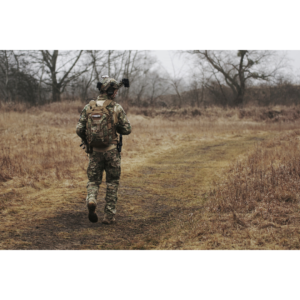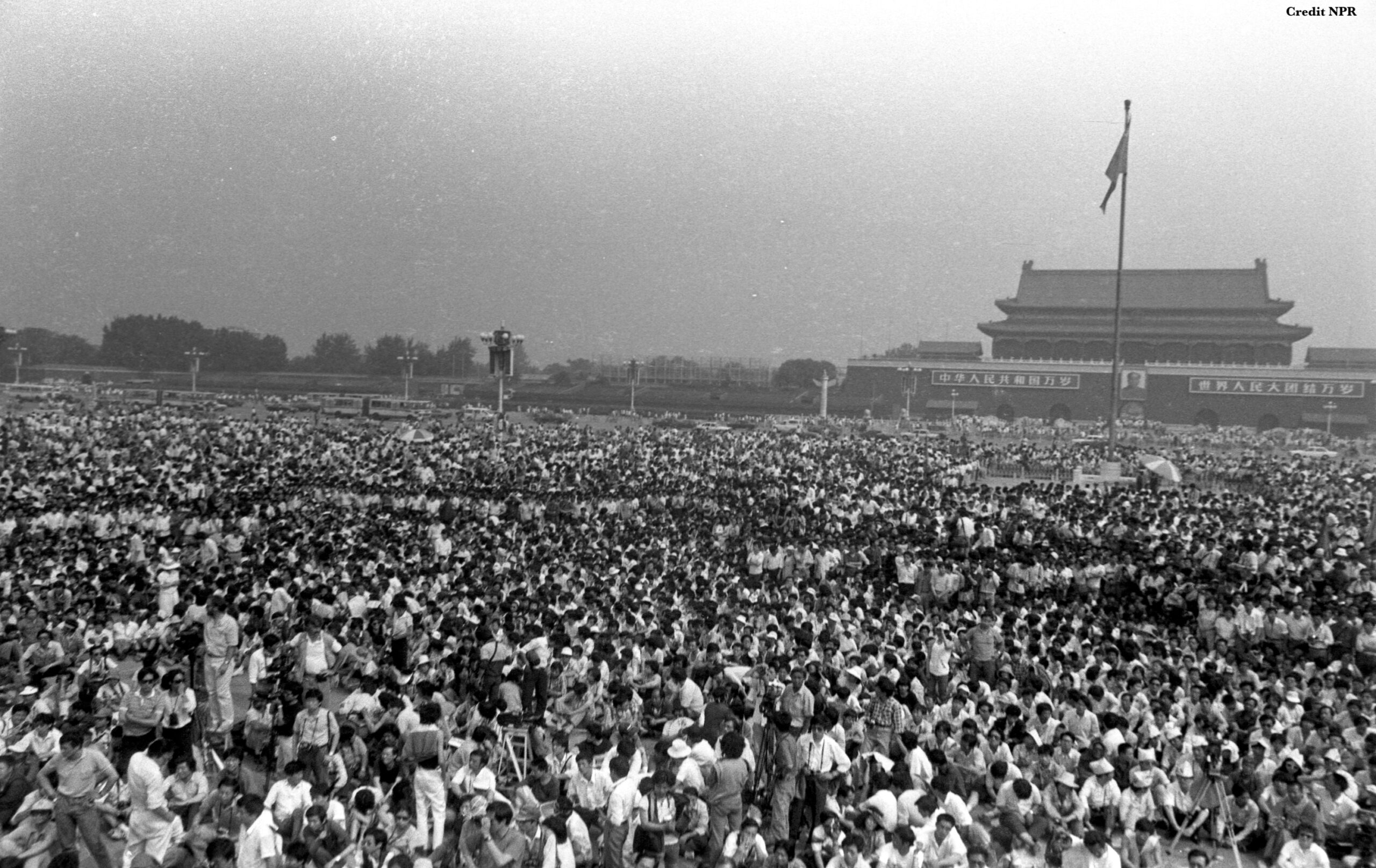The Things They Carried
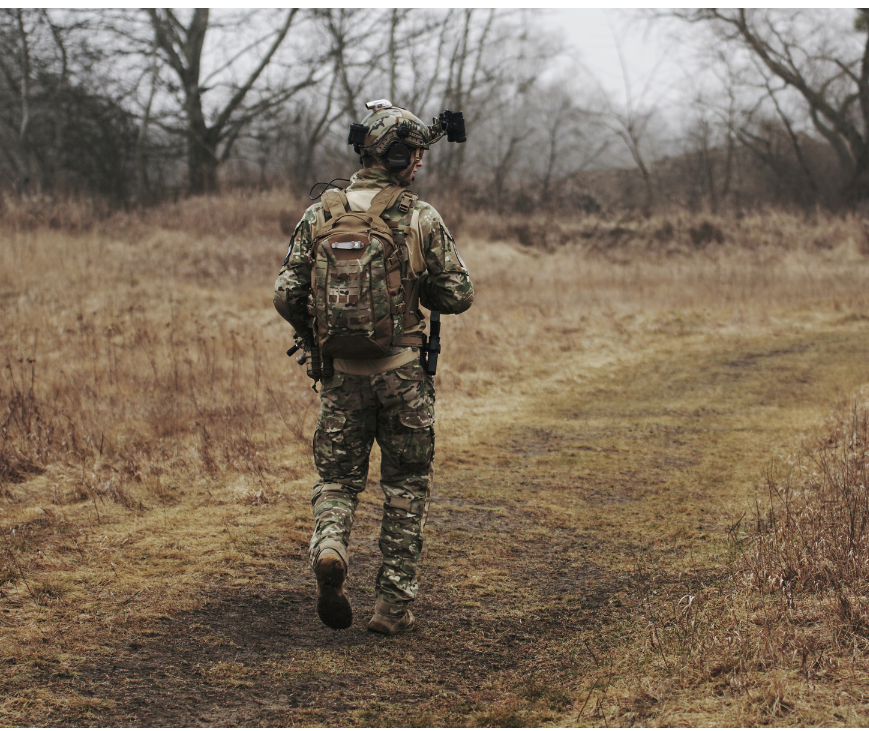

The Things They Carried
By Jaanu
I tried to make a claim about the theme of a particularly powerful chapter in The Things They Carried by Tim O’Brien. I truly loved this book. I think it might be one of my favorite books ever. It is a deeply moving, entertaining, powerful read and I highly recommend it.
Ghost Soldiers: Brothers ‘til the End (of the War)
I have always felt that my closest friendships in high school formed during time away; spending time in the world as opposed to in school, whether it be Encounter, Camp Champ, or hanging out on our own time, has created authentic connections and not merely academic ones. This ability for shared experiences to create bonds between people is explored at a far greater level in “Ghost Soldiers,” by Tim O’Brien. O’Brien underscores the impact of setting and shared experience on forging the brotherhood or “blood fraternity” (185) that the soldiers create and reveals the iron strength yet delicate frailty of these bonds. O’Brien introduces a paradox of this war fraternity: how can bonds as strong as those between these soldiers, who fight and die together, break so quickly? Through analysis of Tim’s personal movement from the battlefront as an infantryman to the rear, due to injury, O’Brien explores the 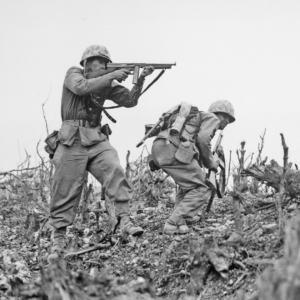 essential role of setting on these war-forged relationships and how quickly these relationships can change. To illustrate the heavy influence war has on brotherhood, O’Brien relies on pathos, repetition, and stream-of-consciousness retelling. Because the average reader could never relate to the war with situations from their own lives, O’Brien evocatively explains how the soldiers feel and what unspoken truths they all understand as a result of life at the front of a terrible modern war.
essential role of setting on these war-forged relationships and how quickly these relationships can change. To illustrate the heavy influence war has on brotherhood, O’Brien relies on pathos, repetition, and stream-of-consciousness retelling. Because the average reader could never relate to the war with situations from their own lives, O’Brien evocatively explains how the soldiers feel and what unspoken truths they all understand as a result of life at the front of a terrible modern war.
The soldiers of Alpha Company know that their lives are on the line in Vietnam; therefore, the trust they place in each other and in their lieutenant is critical to their survival. Being unable to trust the team, as Dave Jensen expressed earlier in the book, leaves a person fighting a war on two fronts. In addition to the primal, survival instinct that draws the men to the same team, the fact that all their waking and sleeping hours are shared creates a dynamic among the soldiers that a family might have. To illustrate that they understand each other, O’Brien describes how they know one another’s habits and unestablished “rituals” (184). This rhythm found in each other’s company goes beyond the external. When Norman Bowker begins to tell a story, Tim smiles and lets him find his pace, because “there was a tempo to how stories got told.” These patterns are not established for war alone, but rather for living. The “deep bush tans, the sores and blisters, […] the in-it-togetherness,” the death, and the possibility of death witnessed and shared each day leaves the men as close as kin. The loss of this bond is felt just as poignantly. After leaving the front due to injury, Tim begins to feel a shift in his relationship with the men of Alpha Company. He misses his friends and feels that there is a “pure and total loss” of camaraderie (188); he begins to realize that he cannot recreate the relationship they had before. The monstrosity and horror of war witnessed by them cultivates bonds between the soldiers so close that they are related almost by blood – yet, this shared experience feeds the bond, and leaving the life-or-death front for the rear of the army can weaken and even break such bonds.
The agony and stress of deadly daily conflict in Nam bind the men together, emphasizing the critical effect the setting of the war has on the “blood fraternity” (185). As O’Brien narrates his removal from the infantry lifestyle, he feels curiously out of touch as he describes his former brothers’ descent “back into the bush” (188) while he, safe at the rear, will go back to “loading resupply choppers.” By juxtaposing the behaviors each party engages in, O’Brien makes clear the influence 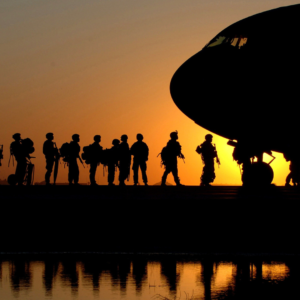 of surroundings on connections that form. The setting of the war results in experiences like the ones the soldiers have with “spooks [in the jungle]” (195). The edgy fear in the darkness that they experience on night duty makes them feel closer to each other; these are experiences that they could have nowhere else and at no other time. Tim reveals that terror is paralyzing and fear makes a person inhuman. He waits until nighttime to take revenge on Jorgensen because he knows what fear, in the dark, in a war, in Nam is like. The crippling understanding that they could “die […] and it’s not a movie […] and all [one] can do is whimper and wait” (201) is something that the soldiers all understand and is a “closeness” they have in common. No layperson can understand that feeling. It is the war that engenders it and crosses the line between nightmarish things we can imagine and those that happen in real life. The impact of the setting on the band of brothers is emphasized by Tim’s transition to the “clean, sterile […] rear” (185). The front is dirty, raw, and real; Tim almost feels detached from the war when he leaves the front.
of surroundings on connections that form. The setting of the war results in experiences like the ones the soldiers have with “spooks [in the jungle]” (195). The edgy fear in the darkness that they experience on night duty makes them feel closer to each other; these are experiences that they could have nowhere else and at no other time. Tim reveals that terror is paralyzing and fear makes a person inhuman. He waits until nighttime to take revenge on Jorgensen because he knows what fear, in the dark, in a war, in Nam is like. The crippling understanding that they could “die […] and it’s not a movie […] and all [one] can do is whimper and wait” (201) is something that the soldiers all understand and is a “closeness” they have in common. No layperson can understand that feeling. It is the war that engenders it and crosses the line between nightmarish things we can imagine and those that happen in real life. The impact of the setting on the band of brothers is emphasized by Tim’s transition to the “clean, sterile […] rear” (185). The front is dirty, raw, and real; Tim almost feels detached from the war when he leaves the front.
The repetitive use of filial words, appeal to emotion, and stream-of-consciousness description of setting in “Ghost Soldiers” helps readers to understand staunch, yet delicate brotherhood. O’Brien describes Alpha Company as a “family” (185), considers the soldiers his “brothers,” and describes the relationship between the men as an unshakeable “blood fraternity.” By repeating this concept of brotherhood, he emphasizes that there is a bond closer than normal friendship between the men. It is the reason Sanders refuses to help Tim take revenge on Jorgensen, whom he views as his brother. The terror and fear of the shared 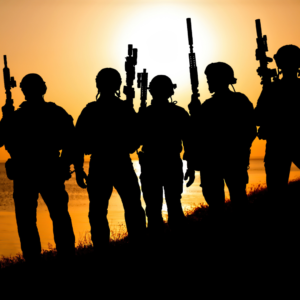 experience lay the foundation for O’Brien’s use of pathos. By considering Tim’s feelings and emotions, O’Brien allows the reader to sympathize with the “betrayal” (188) and “rage” (191) Tim experiences as he responds to his injury and the change in his friendships. The fear the men feel that they have in common, brings them so close that O’Brien feels “sad” (185) as he realizes that the bond is changing. O’Brien’s use of pathos allows readers to understand more personally what these relationships mean to him. While pathos makes it possible to feel what the men felt, O’Brien’s use of stream-of-consciousness description of night duty allows one to imagine what happened. As he describes how “crickets talk in code, the night takes on an electronic tingle […] and you hear the spooks laughing” (195), readers can follow breathlessly the lurid progression of events. O’Brien tries to make the war and emotions real in a bid to convey what brotherhood in those tense moments meant and why the situation made such a difference to them.
experience lay the foundation for O’Brien’s use of pathos. By considering Tim’s feelings and emotions, O’Brien allows the reader to sympathize with the “betrayal” (188) and “rage” (191) Tim experiences as he responds to his injury and the change in his friendships. The fear the men feel that they have in common, brings them so close that O’Brien feels “sad” (185) as he realizes that the bond is changing. O’Brien’s use of pathos allows readers to understand more personally what these relationships mean to him. While pathos makes it possible to feel what the men felt, O’Brien’s use of stream-of-consciousness description of night duty allows one to imagine what happened. As he describes how “crickets talk in code, the night takes on an electronic tingle […] and you hear the spooks laughing” (195), readers can follow breathlessly the lurid progression of events. O’Brien tries to make the war and emotions real in a bid to convey what brotherhood in those tense moments meant and why the situation made such a difference to them.
O’Brien presents a paradox: the bond between the men is indissoluble – they are as close as brothers – yet moving from the front is all it takes for the bond to break. The setting of the war is essential to the formation of these relationships between brothers. But unlike real brothers, the blood bond disintegrates as time and space change.
